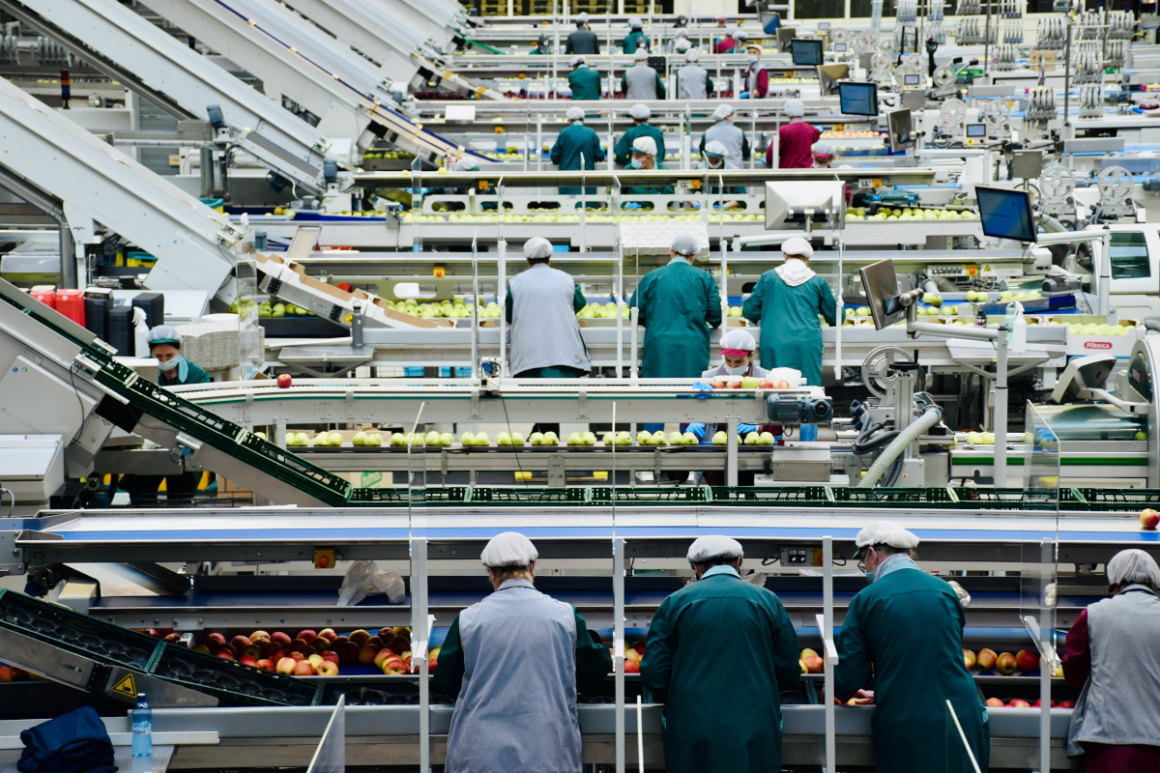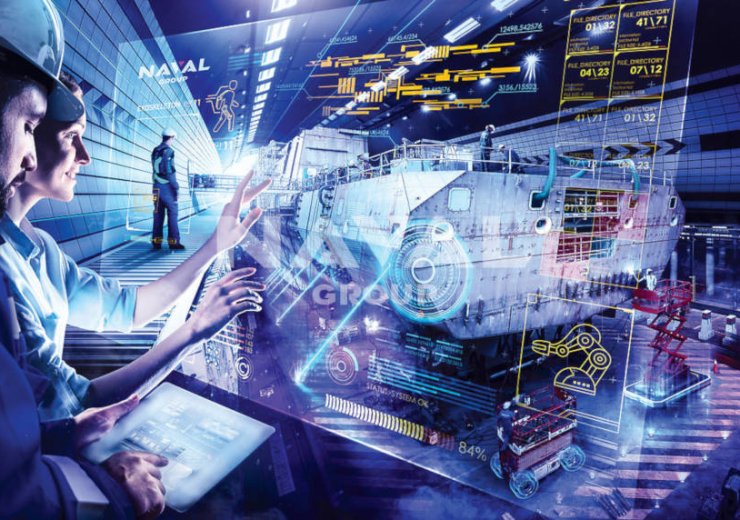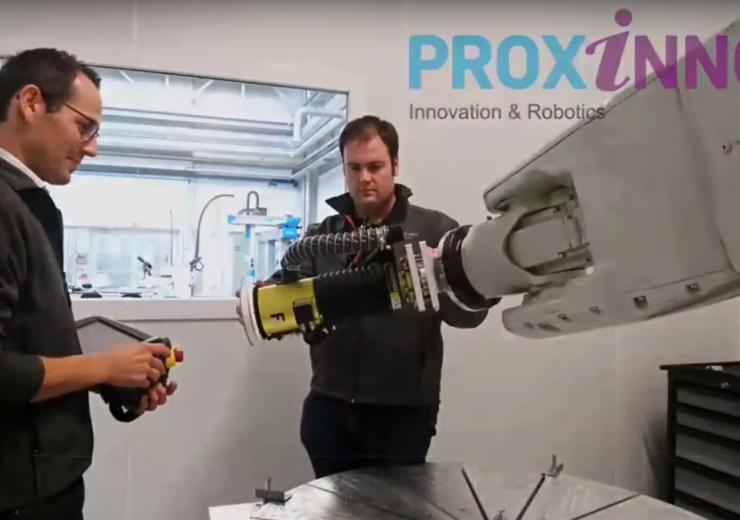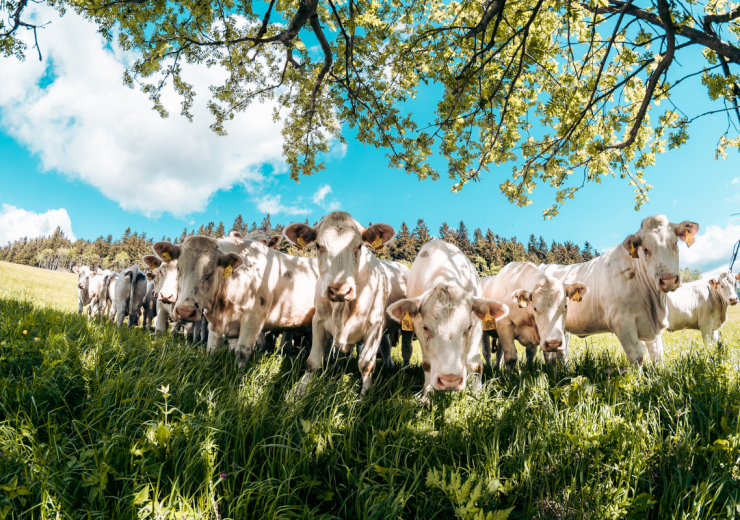Sensors are now at the heart of the development of the 4.0 agrifood industry. Thanks to data analysis, they can be used to improve performance and productivity, optimise costs, make processes safer, and provide intelligent solutions throughout the value chain. Technocampus Alimentation and its partners (Jacques Renault, Director of Funae, a consultancy specialising in factories of the future, Alain Le Bail, Professor at Oniris, and Fabrice Frassetto, Director of the Oniris Food Technology Hall) explain how to use them.
Networked objects to optimise processes in the factory of the future
In combination with other technological building blocks such as big data and blockchain, connected objects can play a crucial role in optimising production processes. They enable the collection, processing, and utilisation of data to enhance various aspects of manufacturing operations, such as optimising production lines, limiting material losses, improving product traceability throughout the value chain, better managing the entire value chain, and improving energy consumption management. Sensors are also a necessary step in the implementation of artificial intelligence and predictive analysis.
But before you install connected objects in your factory, it’s important to ask yourself the right questions: what problems do I need them to solve and what solutions need improving? Moving towards the factory of the future means not only collecting data but also knowing how to manage it and connect it to systems such as blockchain.
For such a project, it is important to anticipate the cost of collecting and processing the data, to take the time to select the input and output data you will need, to properly assess the investment in terms of time and skills required, and to ensure you have the necessary resources. As well as this, it is necessary to think about how the output data will be used and linked to the rest of the information system (ERP, CAPM, etc.), while avoiding the duplication of data and data translators at each level, as otherwise, the project will become even more expensive.
The many applications of metrology in the food industry
Metrology is used at various levels in the food industry:
- On-board metrology audit measures use autonomous recorders to follow the product through the manufacturing process, such as in ovens to monitor temperature, heat flow, and hygrometry, in sterilisers to check sterilisation schedules to ensure microbiological quality, or to qualify freezing operations.
- Product quality measurements, which are mostly carried out off-line, can relate to microbiological quality, chemical contaminants, chemical composition, nutritional values, physical properties (texture, volume, colour, cell structure of the bread, granulometry, rheology), or sensory properties (a consumer test, aromas, etc.). It is also worth noting the emergence of electronic noses and tongues, which make it possible to standardise or analyse the sensory perceptions of a panel of consumers.
Multiple measurement tools
A wide range of technologies of varying degrees of sophistication are available for conducting these measurements.
- Temperature is measured using conventional sensors (thermocouples, platinum sensors, thermistors)
- Mass is measured using belt weighers, checkweighers, or multihead weighers
- Volume is increasingly measured using lasers or deformation sensors for cans with peelable lids
- Consistometers are used to measure the at-line rheology of pastes and fillings
- Optical tools and waves are used to measure the conformity of a product using image analysis and artificial intelligence (e.g. counting the number of slices of sausage on a pizza)
- Near infrared is used to check and obtain information on water content, protein composition, fat, carbohydrates, collagen, etc
- Fluorescence can measure newly formed contaminants
- Terahertz technology is being developed for online control of freezers
- Multispectral technology can, for example, prevent the recurring problem of biscuits, rusks, and crackers breaking by anticipating cracks and taking direct action on the production line
Towards a connected industry
In a complex context characterised by the sometimes decreasing expertise of operators and increasing production rates, in-line metrology is expanding rapidly.
A connected industry offers a wide range of solutions: a hyperspectral approach, software sensors that integrate several measurements to facilitate decision-making on the line, expert systems such as neural networks and artificial intelligence, on-board metrology, and connected remote metrology to qualify lines or monitor product life.
The offline/post-production analysis of finished products is a special world that requires very fast solutions, moving from laboratories to factories for accelerated batch release.
In the long term, a connected industry is interested in support for production line management, e-maintenance with the anticipation of equipment maintenance and online diagnostics, and finally e-services (new recipes and formulations).
The Oniris Technology Centre: an exceptional facility at the service of regional manufacturers
The only one of its kind in France, the Oniris Technology Centre provides food industry professionals with a wide range of multi-product, multi-trade tools to help them develop recipes and processes:
- A large kitchen with 6 workstations for launching trials.
- 3,000 sqm and 120 pilot units for training and production (heat treatment, concentration-drying, packaging, refrigeration, grinding and mixing, separation, 1 ohmic heat treatment line, as well as a development room with sanitary facilities approved for pre-series and production.)
- A 200 sqm research area for innovation and the creation of future recipes.
- A 1,000 sqm plant to bring ideas from the drawing board to the production stage for pastries, bakery products, meat and seafood products, and ready meals, with a capacity of 50 to 200 kg/day.
Atlantic France is pursuing an ambitious industrial strategy based on excellence and innovation. This is supported by a unique network in France: the Technocampus network. Like Technocampus Alimentation, these platforms dedicated to advanced technologies offer companies in the region a 360° vision of innovation and help them move towards the industries of the future- a major asset for their performance and competitiveness!
Do you have a company specialising in agrifood?
Contact us to learn more about the assets Atlantic France can offer your business.


 日本語
日本語  Français
Français 



